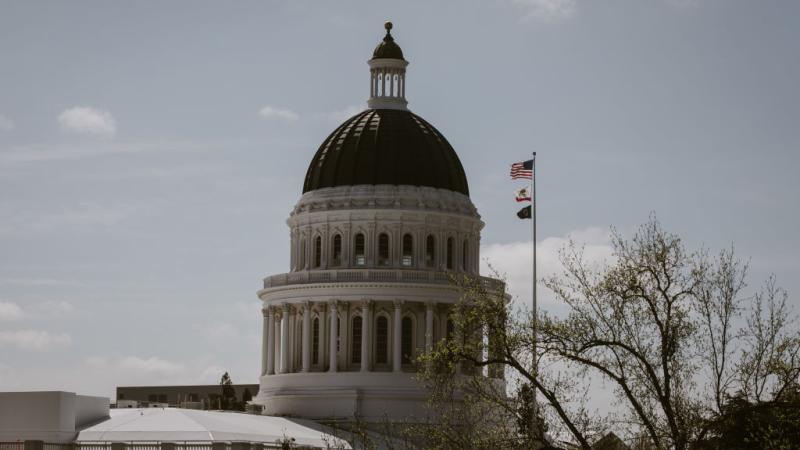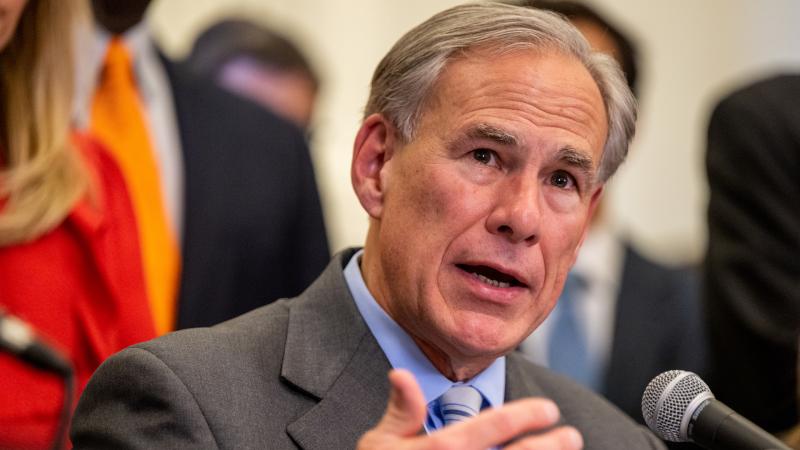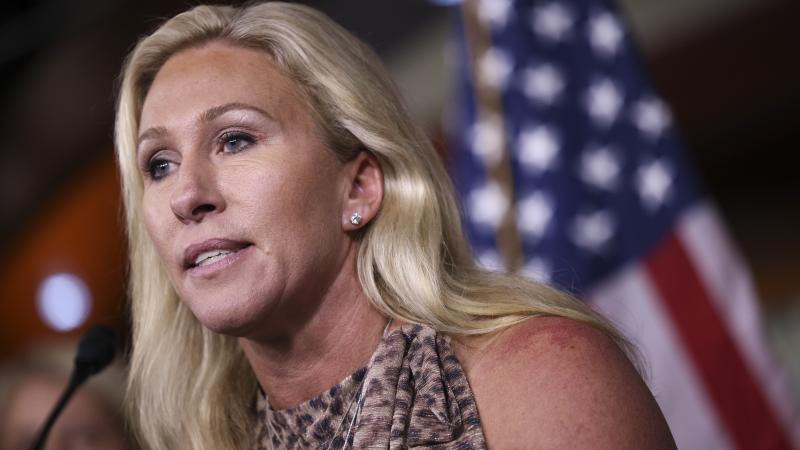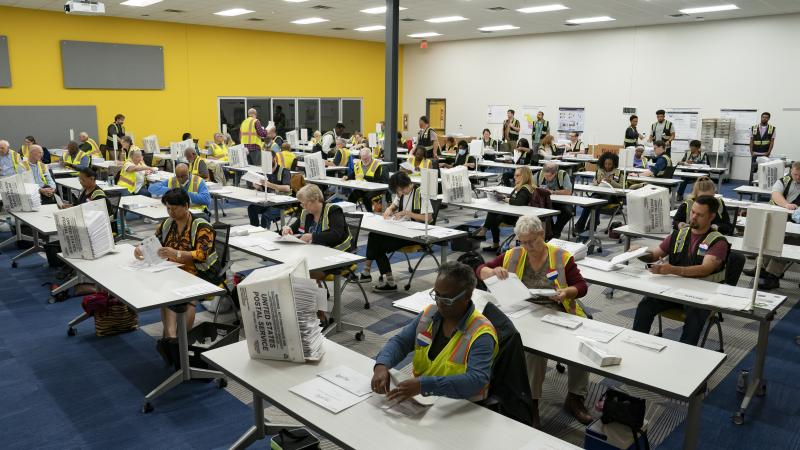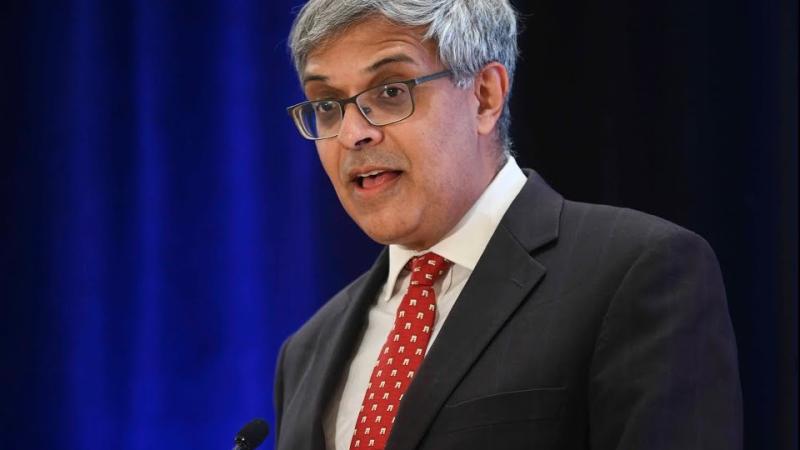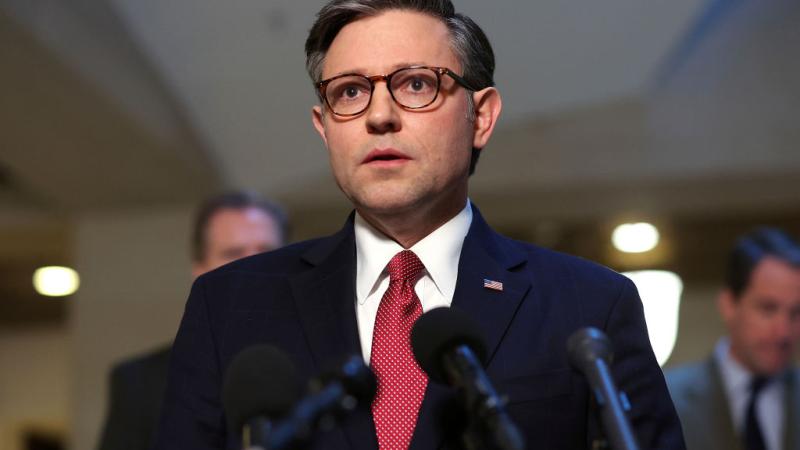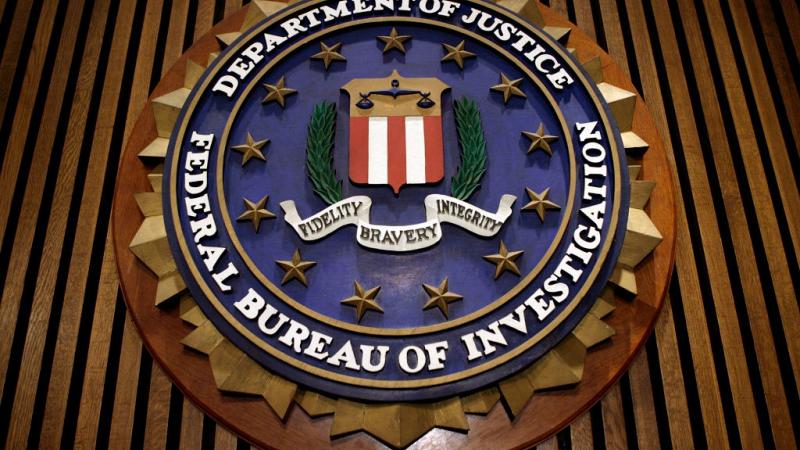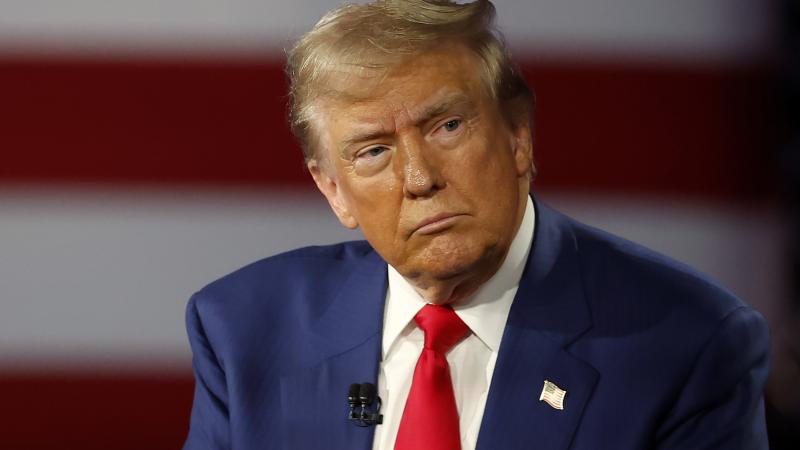Judge rules it’s too late to challenge Arizona open primary proposition
However, the Free Enterprise Club will be appealing, returning the case to the Supreme Court.
Maricopa County Superior Court Judge Frank Moskowitz ruled today that a proposition that would establish open primaries in Arizona will have the opportunity to be voted into law by Arizonans, even though almost 40,000 voter signatures have been invalidated.
Even though ballots have already been printed with the proposition on it, the Arizona Supreme Court ruled that the superior court look at the evidence of duplicated signatures provided by the Arizona Free Enterprise Club. Special Master Christopher Skelly submitted his report yesterday, showing that 35,478 of the submitted signatures were indeed duplicates.
“In a major development with the signature challenge over Proposition 140, the special master reviewing the duplicate signatures determined that 99% of the 38,000 signatures reviewed were, in fact, duplicates,” reads a statement from the Arizona Free Enterprise Club. “Of the nearly 40,000 duplicates that were included when the Prop 140 Committee submitted their signatures to the Secretary of State, around 250 people had signed five or more times. One individual had signed 15 times. All those signatures were included in the final tabulation by the Arizona Secretary of State and challenged in state courts.”
A hearing was scheduled following the submission of that report to determine if votes for the proposition should be thrown out on election day. The Free Enterprise Club argued that the votes should be thrown out and the backer of the initiative, the Make Elections Fair Committee, argued that the case is “moot” since it is past the publishing deadline and that it would be unconstitutional to double count those signatures. Moskowitz agreed, standing by his original ruling before the Free Enterprise Club appealed, that it was too late in the game to challenge the initiative.
“Although there is no statutory authority for the proposition that petition challenges must end before ballot printing begins, there is case law that supports such a 'bright light' end to such litigation,” reads Moskowitz’s ruling. “Here, the time pressures were such that not every duplicate signature was reviewed and verified by clear and convincing evidence before the August 23, 2024 ballot printing deadline, such that the underlying action is moot as of that deadline.”
Additionally, the court found that “double counting” of the invalid signatures would raise the constitutional threshold of valid signatures from 15% (ballot initiatives require 15% of the number of votes cast for governor during the last election cycle to make it on the ballot) to 15.2%, making the double counting of the signatures unconstitutional.
“This is an undeniable triumph for Arizona voters,” said Sarah Smallhouse, chairperson of the Make Elections Fair Committee. “Prop 140 is officially on the ballot and every vote will be counted. This ruling solidifies that our democratic process cannot be undermined by frivolous legal tactics.”
However, the Free Enterprise Club will be appealing, returning the case to the Supreme Court.
“From the moment he was unanimously rebuked by the AZ Supreme Court for blocking the removal of nearly 40,000 duplicate signatures, Judge Moskowitz has been trying to find a way to place Prop 140 on the ballot, irrespective of whether it had enough signatures to qualify,” reads a statement from the Arizona Free Enterprise Club. “Today he issued a ruling manufacturing that outcome, deciding that the statutory method for determining the number of valid signatures for ballot initiatives is now unconstitutional.”
While the Free Enterprise Club is still fighting this battle, Chuck Coughlin, a member of the Make Elections Fair Committee, said that they are moving on, confident that the Supreme Court will maintain the trial court’s decision.
So, while Arizona voters will see Prop. 140 on their ballots, it remains to be seen if their votes will be counted.

